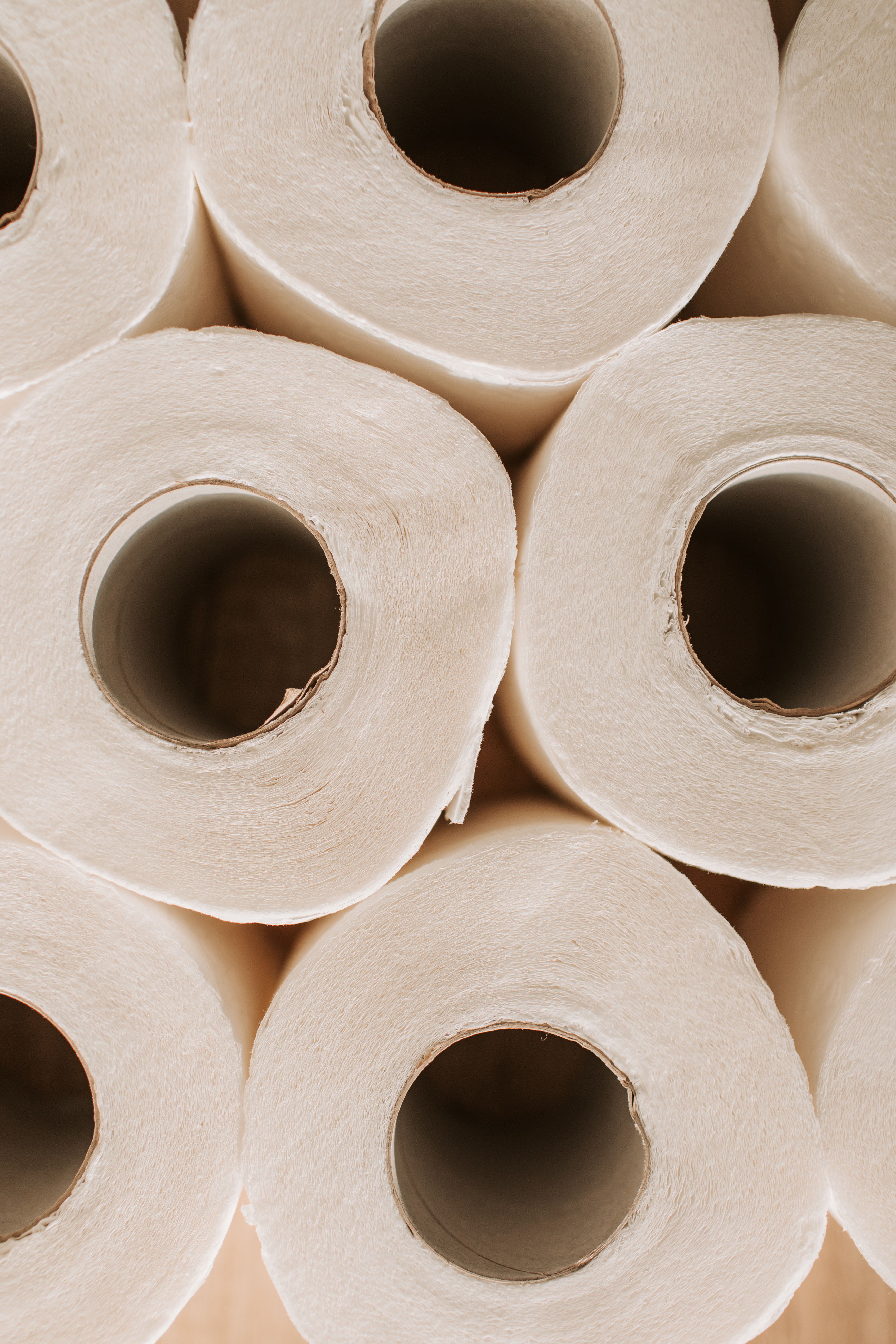
An Iowa State supply chain expert expects some of the same challenges that led to toilet paper shortages will continue to disrupt the supply chain as states start to reopen.
AMES, Iowa – Scott Grawe expects to see some hiccups as states start to reopen and supply chains slowly rebound from the coronavirus pandemic.
The Robert and Jane Sturgeon Fellow and Chair of supply chain management in Iowa State University's Ivy College of Business says there is no case study, no past experience to help guide this recovery. And the uncertainty and unpredictability that led to shortages of toilet paper and cleaning supplies at the start of this pandemic will continue to disrupt supply chains.
"The supply chain will face some of the same challenges it did going into this mess," Grawe said. "You're trying to predict human behavior and demand at the consumer level, which is a challenge. For example, restaurants may have a hard time getting items or they may be faced with oversupply if consumers are not coming back."
Supply chains work best with predictability, Grawe said. Uncertainty makes it difficult for companies to prepare for what's to come and for suppliers to quickly change course when there is a major disruption. While it is hard to make sense of farmers leaving vegetables to rot in a field or dumping milk down the drain at a dairy, when there are long lines outside of food pantries across the country, Grawe says that is often the most cost-effective option.
"Food supply chains, especially for many staples, are so efficient that any significant change in operation is going to be expensive," Grawe said. "Many dairy farms are not set up to package milk for the individual consumer, and it can be far more expensive to try and make that switch rather than just dump it. It's a different supply chain."
Farmers have to weigh if it's worth the investment, Grawe added, because by the time they've made the change things could be back to normal.
"You don't make supply chain investments unless you have a really strong demand forecast, and right now those forecasts are really, really messy," he said. "People will have a hard time spending large sums of money on a moving target."
Unfortunately, donating milk or other food products to those in need is not as simple as it may seem. Grawe says most food banks are not equipped to accept huge quantities, especially food that needs temperature control.
Will pandemic prompt changes?
Shortages of personal protective equipment and other supplies are raising questions about whether the U.S. is too dependent on China as a major supplier. Grawe says there were similar questions in response to tariffs on Chinese products. The answer in both cases centers on cost, which makes broad changes unlikely.
"This pandemic does raise concerns about flexibility and the need for alternative supply sources," Grawe said. "As customers and businesses demand less expensive products or less expensive health care, it's going to continue to drive business to China."






